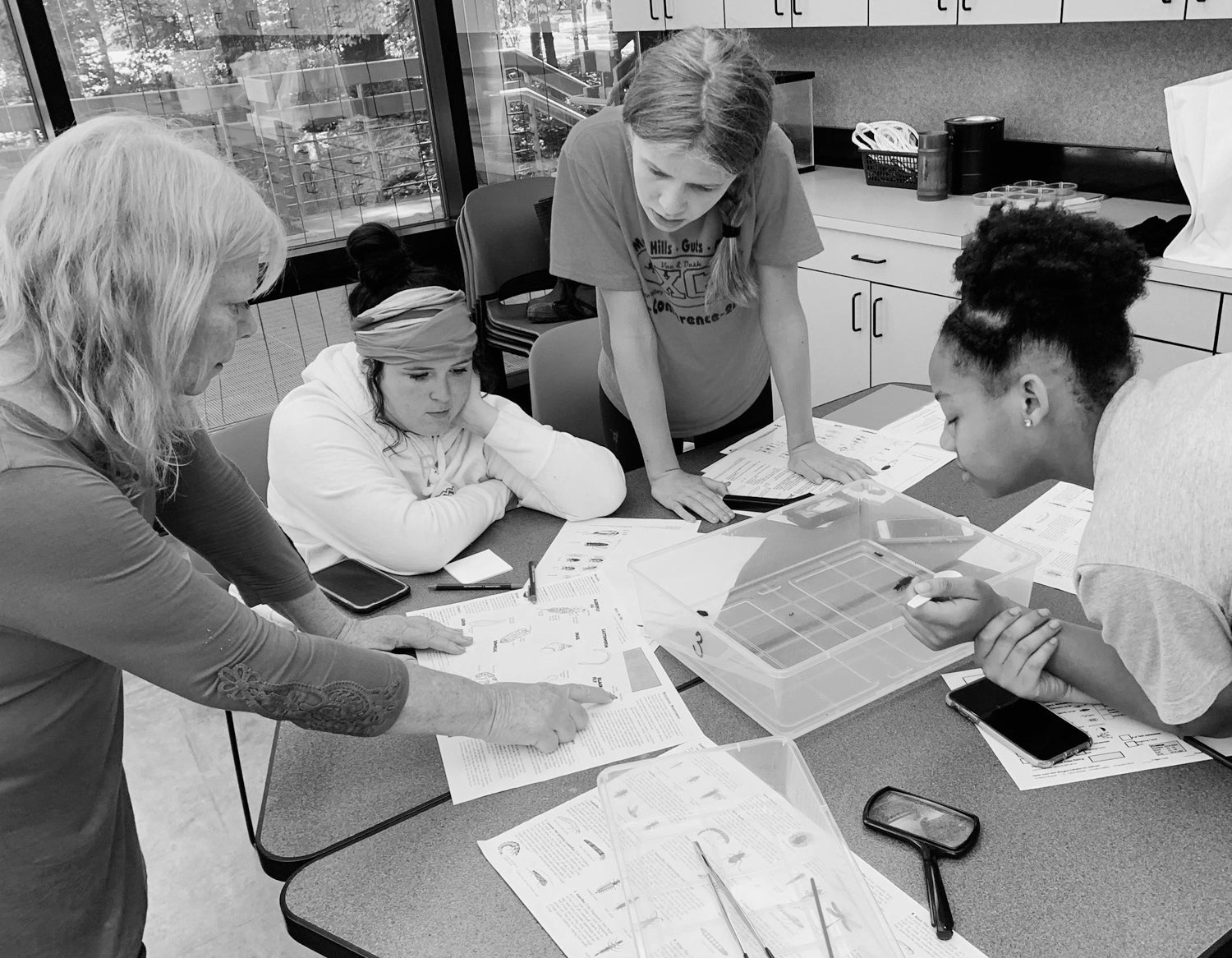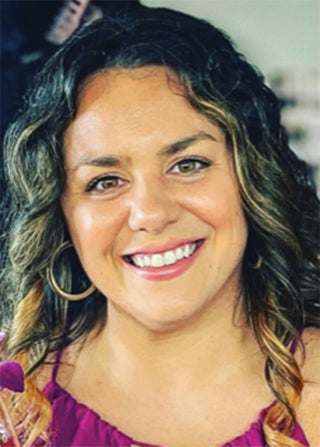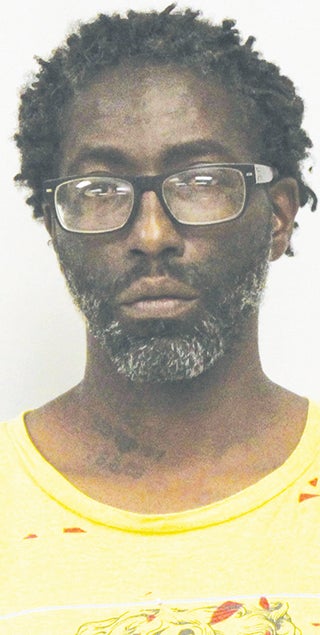Learning outdoors a hit with local student
Published 9:03 am Thursday, September 30, 2021

- Students identify organisms found in vernal pools found on the Fred Stanback Jr. Ecological Preserve on the Catawba College campus: Instructor Lisa Pope, Riley Crotts, Grace Eppiheimer and Chloe Redfern.
|
Getting your Trinity Audio player ready...
|
The students waded in vernal pools to scoop up water scorpions and whirligig beetles.
They confronted socio-ecological issues in an effort to better understand the ramifications of climate change.
They pondered whether technology could save biodiversity.
The Center for the Environment at Catawba College in Salisbury offered one-day Summer Exploration workshops in lieu of its annual National Environmental Summit for High School Students.
“The pandemic prompted us to offer these workshops, which allowed the high school students to explore topics in small groups, often through hands-on experiences,” says Center Director Dr. John Wear. “We hope to offer the summit next year and may continue the workshops as well.”
Catawba professors taught seven workshops. Dr. Mercedes Quesada-Embid, associate professor of environmental policy and advocacy, taught workshops titled “Advocacy Workshop on Climate Justice” and “Sustainability Leadership through Art and Music.”
Her aim was to offer participants critical knowledge on issues of significance.
“I wanted to generate a shared sense of empowerment, and remind them that intentionality in leadership, a steady pulse of understanding on community needs and ecologies, and creative communicative approaches are part of a healthy way forward for a just transition to a more sustainable world,” she says.
Lisa Pope, adjunct instructor with the Catawba Department of Environment and Sustainability, taught three workshops: “BioBlitz 2021,” “The Vernal Pool Survey Project” and “Climate Action through Urban Forestry 2021.”
In the BioBlitz workshop, participants raced against the clock to identify and record as many wetland organisms as they could in a particular area of the Fred Stanback Jr. Ecological Preserve on the Catawba campus. The aim was to determine if there was a rise or fall in the population of a particular organism.
They studied four groups: mammals, like coyote and river otters; amphibians and reptiles, like spotted and marbled salamanders; fresh water invertebrates, like predaceous diving beetles and dragonfly nymphs; and terrestrial invertebrates, like centipedes and millipedes.
In another of Pope’s workshops, students studied the preserve’s vernal pools, depressions where water is present part of the year. Students examined organisms in three sizes of vernal pools as well as in the moving water of Grant’s Creek.
Riley Crotts, a rising senior at Davie County High School in Mocksville, was especially interested in this workshop. “These swampy pools hold so much life that you would never be able to tell by just looking at them,” she says.
She wore waders so she could get into the water and find macroinvertebrates.
“Without these vernal pools, the macroinvertebrates would be eaten by larger predator species and would throw off whole ecosystems,” she says. “I was intrigued by how these small pools could make such a big impact.”
Pope’s urban forestry workshop stressed the need to choose trees wisely when planting or replacing them in an urban setting. “Some types of trees – like the ginkgo, red maple or tulip poplar – will maximize CO2 sequestration and improve air quality more,” she says.
The workshop “Can Technology Save Biodiversity?” explored the potential for technology to help save biodiversity and prevent an impending extinction crisis, according to the instructor, Dr. Andrew Jacobson, assistant professor of GIS and conservation.
“Bushcraft and Wildlife Techniques” taught by Dr. Luke Dollar, chair of the Department of Environment and Sustainability, focused on skills needed in the wild.
Crotts wanted the challenge of learning how to survive in the woods.
“Now if I were in a situation where I needed to be able to cook my own food or set up my own camp or purify water, I would know how to do it,” she says.
Crotts was delighted that her workshops were outdoors.
“I love being able to spend my time outside doing what I love and working with other people to learn more about our environment,” she says. “Our generation is filled with people who don’t know the importance of taking care of our environment; the summits and these workshops help to teach us how we can do better for the earth.”



